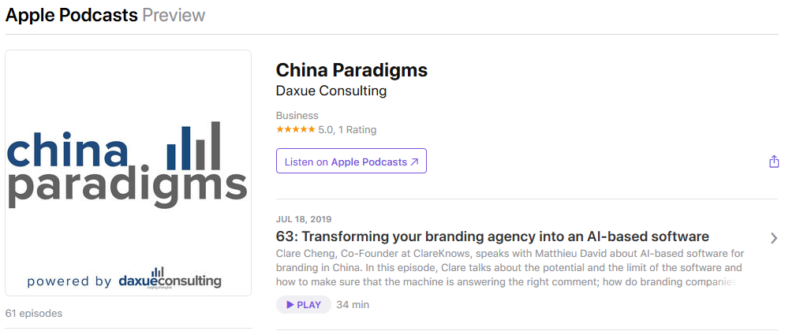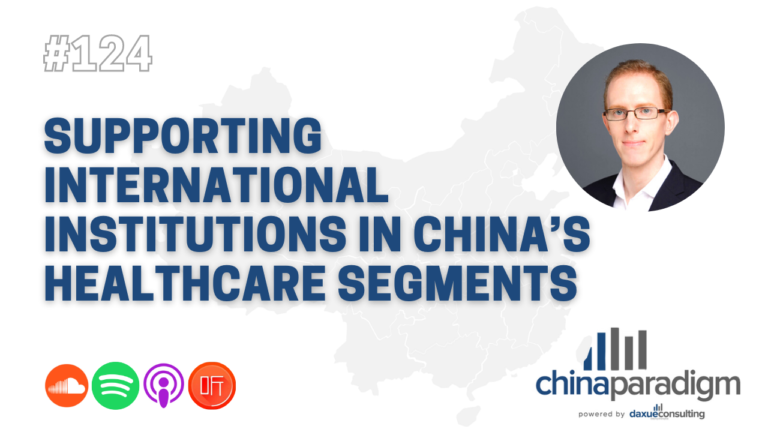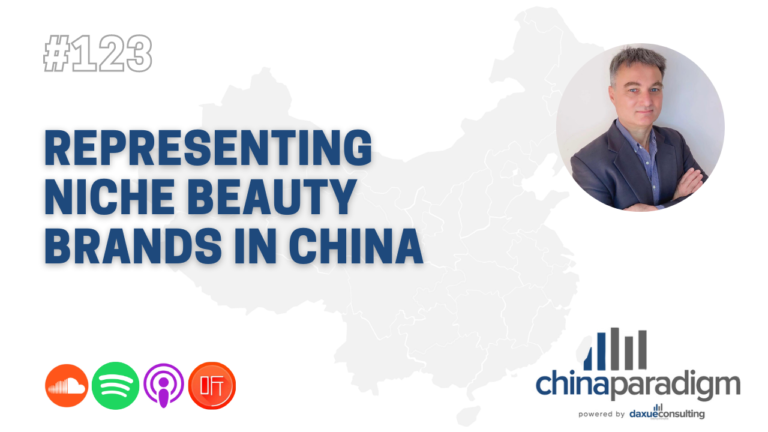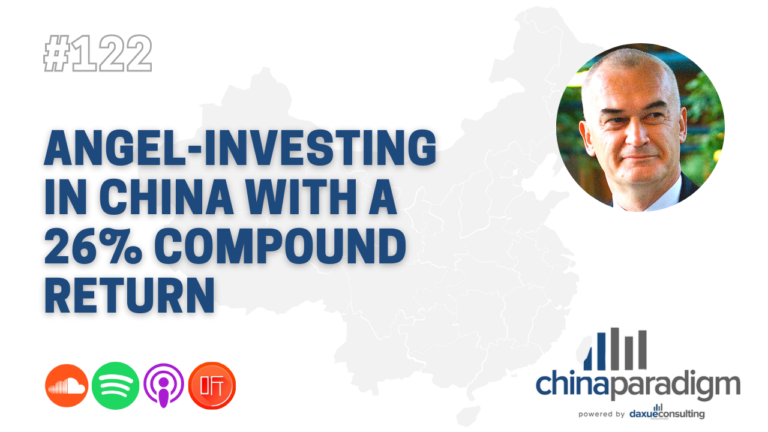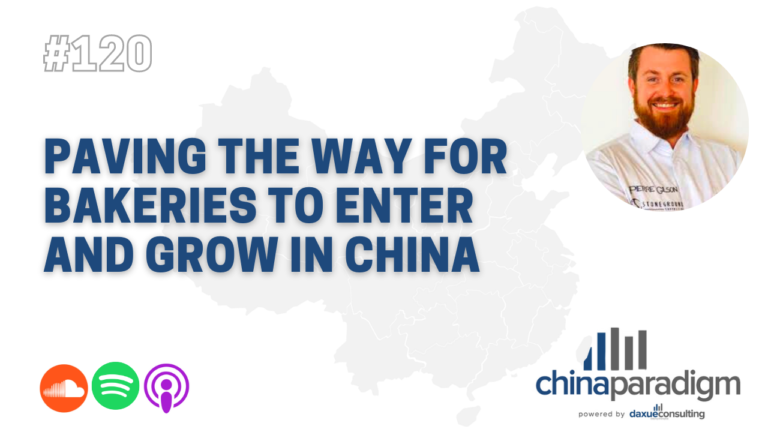China Paradigms interviewed Igor Temirov, the Business Director at SPLAT China, a global manufacturer of professional oral care products, to learn how to develop a successful online business in China facing the vague of new retail in China.
Igor Temirov, a professional in the retail market in China specialized in online strategies
Born and raised in Moscow, Russia, Igor Temirov graduated from the Moscow Automobile and Road Construction University in 1981 and also completed an MBA degree at Wake Forest University in the USA, 1992. During his more than 20 years’ career, Igor has accumulated experiences in different industries, from food to aviation, and landed in the retail market in China ultimately.
After graduation, Igor first worked for an American consumer-goods company, Sara Lee Corporation, where he has held different executive positions and been responsible for its business development in multiple locations, including the USA, France, the Netherlands, and Russia. He has also worked for Irkut Corporation, a Russian aircraft manufacturer, and was in charge of the implementation of its joint program with Airbus in Russia.
In 2014, Igor was invited by SPLAT to be an expert to validate its strategies for the online landscape in China. After cooperation, the owners of SPLAT officially invited Igor to join their adventure of opening a new online business in China. Currently, Igor is the Business Director at SPLAT China, responsible for its operations in China’s retail market.

SPLAT China: A successful online business in China selling high-quality toothpaste
Founded in Russia, 1994, SPLAT began with cosmetics and dietary supplements. In 2000, the founders rented production facilities near Moscow and started to make toothpaste. Nowadays, SPLAT is a leading manufacturer of oral care products with a presence in more than 60 countries worldwide. It has become one of the top three players in the Russian toothpaste market and started its international expansion in 2011.
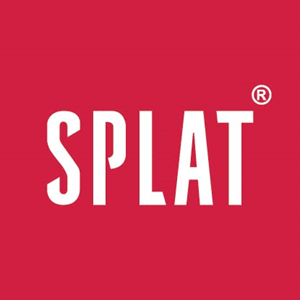
In 2014, SPLAT entered the retail market in China and started to develop both its offline and online presence at the same time. With a unique brand concept of being natural and environmental friendly, which caters to the young Chinese consumers, SPLAT successfully builds a strong distribution strategy in China’s retail market with presence in almost 13,000 shops and online marketplaces like Tmall, JD, etc.
How to connect your retail sales with the changing online landscape in China
According to Igor, one of the first reasons why he chose Hangzhou as their entry city in China is that Hangzhou is the capital of the online landscape in China with Alibaba, Tmall and many other online platforms headquartered here.
“From the very beginning, I sensed that running online business in China will be a driving force of our sales. Because there are hundreds of brands on the shelf in the supermarket, you are just one of them. But when you are online, you can tell the whole story.”
After five years of investing heavily online, more than 50% of SPLAT’s sales come from its online business in China. Witnessing that and facing the emerging vague of new retail in China, Igor immediately shifted his focus into how to connect offline sales with their online business in China better. According to him, even with the evasion of online landscape in China into people’s daily lives, young Chinese consumers still need to touch and see things to make purchasing decisions, which opens the era of new retail in China.
KOL marketing in China: the most powerful online tool for brands
At the very beginning of their online business in China, Igor and his team had tried and analyzed a lot of online marketing tools, including TV shopping, live shows on Taobao, video, platforms, etc. After countless trials and failures, they discovered that KOL marketing in China was the most effective online tool to grow their business.
According to Igor, to succeed in KOL marketing in China, brands need to understand clearly how the KOL model works because there are tens of thousands of KOLs in China. To get the most out of these KOLs, online businesses have to pay attention to the ROI and conversion rate of KOLs, not just their followers and revenues.
Moreover, brands need to identify which type of KOL marketing in China works best for them. Even though they work with an expensive KOL of 5 million followers, young Chinese consumers will know that this kind of big KOLs would promote any brand that pays them, their trust factor is actually smaller than those KOLs with 600,000 followers.
“Don’t think that you can just use KOL marketing in China and these KOLs will spread everything for you. You need to find the right guy and keep information and content relevant for your particular platform.”
Listen to China Paradigm in iTunes
